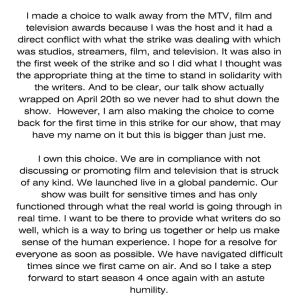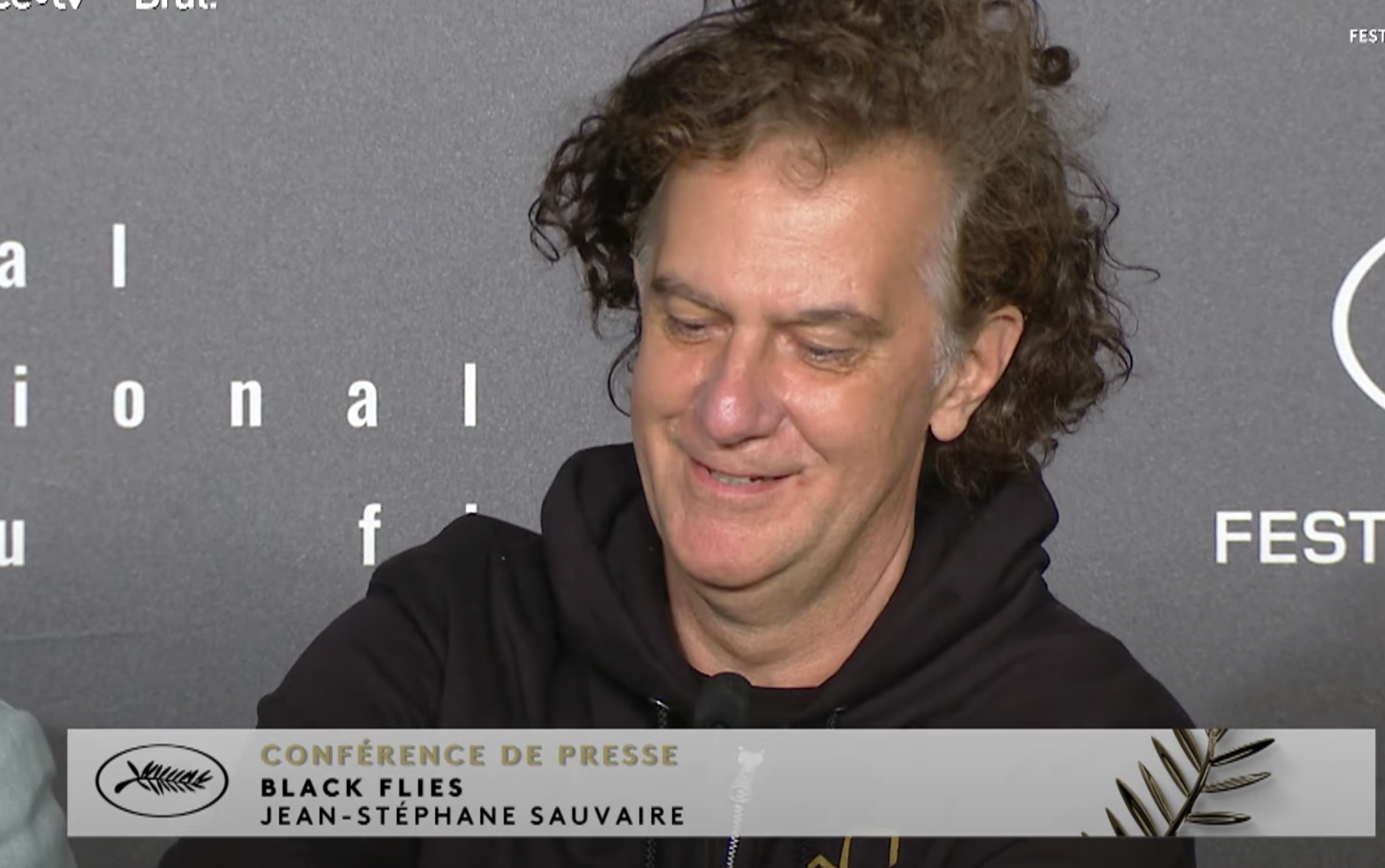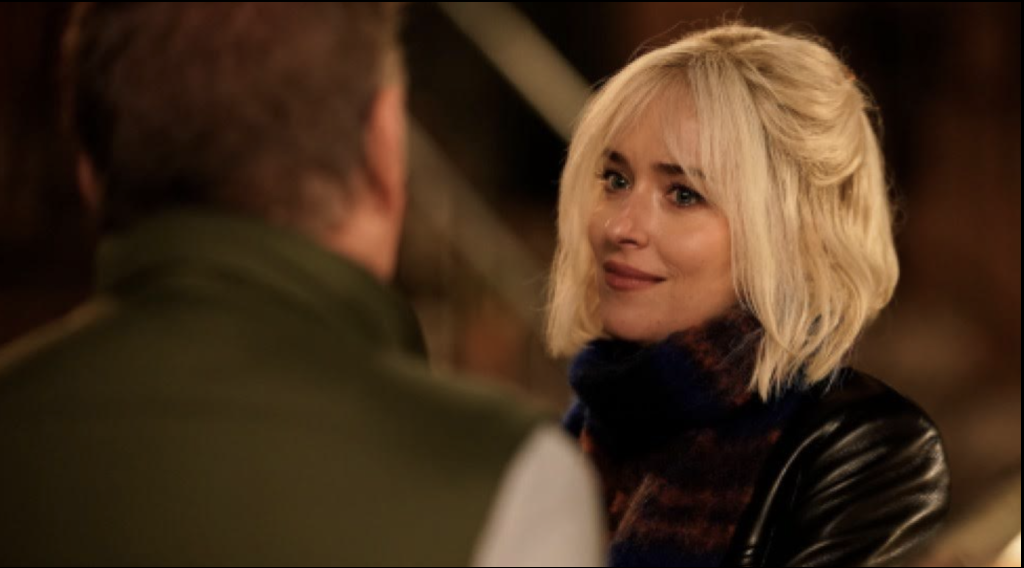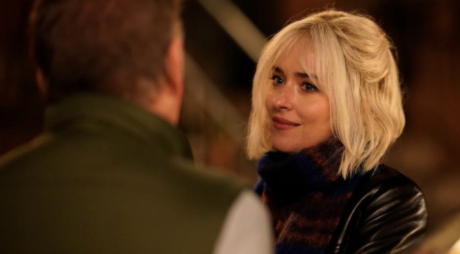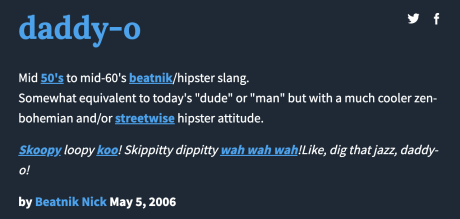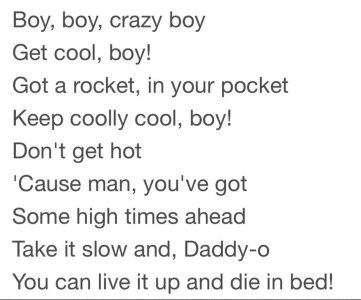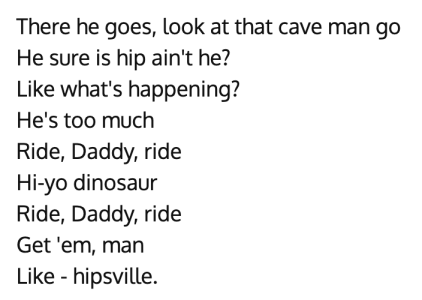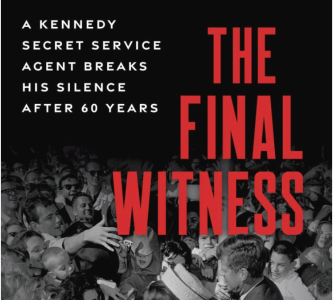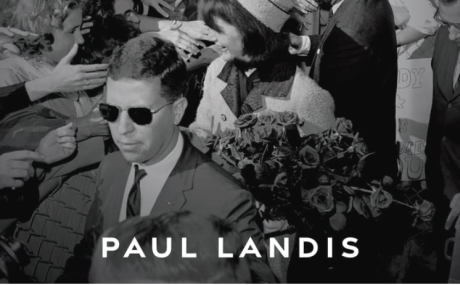Most of us are okay with on-screen romantic pairings between older guys and younger women. Five- or ten-year gaps are fairly common in real life, of course, with many women preferring the relative security of guys who (a) are more emotionally secure or at least less hound-doggy, (b) have been around the block a few times, and (c) earn better-than-decent incomes.
In other words movie romances about 10 to 20 year age gaps are generally accepted, especially if the older guy looks fit and trim (flat abs, decent muscle tone, no jelly belly) and hasn’t allowed thinning hair or bald spot issues to get out of hand, and still has that old sparkle in the eye, which generally translates into a suggestion of sexual vigor.
25-year gaps are pushing it but even they can pass muster, depending on the chemistry and charm factors.
If you like the older guy for his spiritual and emotional qualities, falling in love with a compatible younger woman (and vice versa) can seem like a good thing all around…thematically such pairings suggest renewal and revitalization…a second chance at life.
But in order to accept or approve of such relationships moviegoers have to be able to imagine the couple still happening five or ten years down the road. There has to be a credible future of some kind.
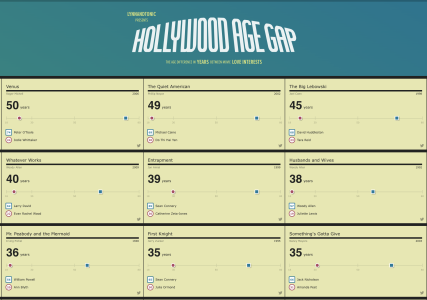
In North by Northwest, for example, Cary Grant‘s Roger Thornhill is supposed to be mid to late 40ish (although Grant was actually in his mid 50s), while Eva Marie Saint‘s Eve Kendall was presented as being in her early 30s. It wasn’t hard to imagine Thornhill and Kendall having a sexually active (perhaps even kinky) relationship ten years hence, although I couldn’t see them raising kids.
In As Good As It Gets, Jack Nicholson‘s Melvin and Helen Hunt‘s Carol appeared to be a good quarter-century apart, and communal instincts told most of us that Melvin, a wealthy author who was around 60, would always be more than a bit loony, with or without mood stabilizers. I saw them lasting no more than a couple of years, if that.
In Quentin Tarantino‘s Jackie Brown (’97), Robert Forster‘s Max Cherry, a mid 50ish bail bondsman, seemed roughly a decade older than Pam Grier‘s titular character. (In actuality Forster was only seven or eight years senior.) They were so similar in terms of age, attitude and attractiveness, in fact, that their mellow romantic attraction barely qualified as an “age gap” thing. It was obvious that Max was not only in love with Jackie but easygoing and accepting. You knew they would never fight about anything.
I’m discussing age gaps because I happened to land this morning on hollywoodagegaps.com, and because I recently encountered an unusual romantic couple in Phillip Noyce‘s Fast Charlie (Screen Media), a droll, character-driven genre thriller that will open in October following a Mill Valley Film Festival debut on Sunday, 10.7.
There’s a quarter-century gap between Pierce Brosnan‘s Charlie, a civilized, soft-drawl hitman who loves fine cooking, and Morena Baccarin‘s Marcie, a taxidermist with a world-weary, Thelma Ritter-ish attitude about things, and yet they fit right together. Like Max and Jackie, Charlie and Marcie are all about ease and compatibility.
An adaptation of Victor Gischler‘s “Gun Monkeys” with a screenplay by Richard Wenk, Fast Charlie (which costars the late James Caan in his final performance) delivers a fair amount of gunplay, albeit the understated, no-muss-or-fuss kind. It’s a reflective, character-driven story of cunning and desire (not just romantic but epicurean) on the Mississippi bayou.
All to say that if you’re rooting for the couple in question and want their relationship to build into something, age differences tend to recede.
Way-too-extreme age gaps in age and temperament: James Stewart and Kim Novak in Vertigo, Sean Connery and Michelle Pfeiffer in The Russia House, John Wayne and Capucine in North to Alaska, Wayne and Angie Dickinson in Rio Bravo, Humphrey Bogart and Gina Lollabrigida in Beat Hhe Devil, Cary Grant and Audrey Hepburn in Charade, Robert DeNiro and Amy Brennaman in Heat, Daniel Day Lewis and Vicky Krieps in Phantom Thread, Clark Gable and Marilyn Monroe in The Misfits.
And yet I believed in a future for Cary Grant‘s John Robie and Grace Kelly‘s Francie in To Catch A Thief. Go figure.


